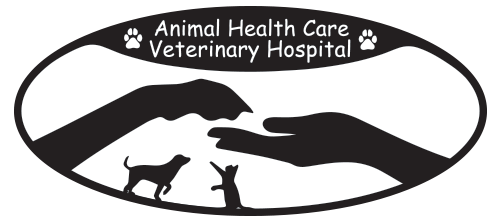Dentistry and Periodontal Care
Veterinary dentistry services play a crucial role in maintaining the oral health and overall well-being of animals. Just like in human dentistry, proper dental care is essential for pets to prevent dental diseases, reduce pain, and improve their quality of life. Here are some common veterinary dentistry services and indications that are typically provided at a general veterinary practice:
- Dental Examinations: Regular dental check-ups are important for early detection of dental issues. During the examination, the veterinarian will assess the pet’s teeth, gums, and oral cavity for signs of dental disease, tartar buildup, fractured teeth, or other abnormalities.
- Teeth Cleaning (Dental Prophylaxis): Dental prophylaxis involves the removal of plaque and tartar from the teeth using professional dental cleaning equipment. This procedure helps prevent dental disease and maintain good oral hygiene.
- Dental Radiographs (X-rays): X-rays of the pet’s teeth and jawbones can reveal issues that are not visible during a routine examination, such as hidden dental disease, tooth root problems, or jaw fractures.
- Dental Extractions: In cases of severe dental disease, tooth fractures, or overcrowding, extraction may be necessary. Removing diseased or painful teeth can greatly improve the pet’s comfort and prevent further complications.
- Dental Surgery: Some advanced dental problems may require surgical interventions, such as deep root cleaning, focal antibiotic treatments, oral tumor removal, sinus flush or periodontal surgery.
- Treatment of Dental Diseases: Veterinary dentists can treat common dental problems in animals, such as gingivitis, periodontitis, tooth resorption, and stomatitis.
- Pediatric Evaluation for Malocclusion or Malalignment of deciduous and adult teeth: Catching orthodontic problems early before trauma to the oral tissue is important for the quality of life for young puppies and kittens. Extraction of problem deciduous (baby) teeth is essential to allowing the adult teeth to erupt correctly.
- Dental Home Care Education: Veterinarians provide guidance to pet owners on how to maintain good oral hygiene for their animals at home, including toothbrushing techniques, dental chews, and oral rinses.
Indications for Veterinary Dentistry Services:
- Bad Breath (Halitosis): Persistent bad breath is often a sign of dental disease and should be checked by a veterinarian.
- Dental Tartar and Plaque: Visible tartar or plaque on the teeth can lead to dental problems if not addressed.
- Tooth Discoloration or Fractures: Discolored or broken teeth can indicate underlying dental issues.
- Drooling or Pawing at the Mouth: These signs may suggest oral pain or discomfort.
- Difficulty Eating: Pets may avoid food or have trouble chewing due to dental pain.
- Bleeding Gums: Inflamed or bleeding gums can indicate gum disease (gingivitis) or other oral problems.
- Swollen Face or Jaw: Swelling around the face or jaw may indicate dental abscesses or infections.
- Loose or Missing Teeth: Loose teeth or missing teeth due to trauma or disease need veterinary attention.
Remember that dental health is an essential aspect of overall health and well-being for pets. Regular dental check-ups and early intervention can help prevent severe dental issues and improve the overall quality of life for animals. Always consult your veterinarian if you notice any signs of dental problems in your pet.


